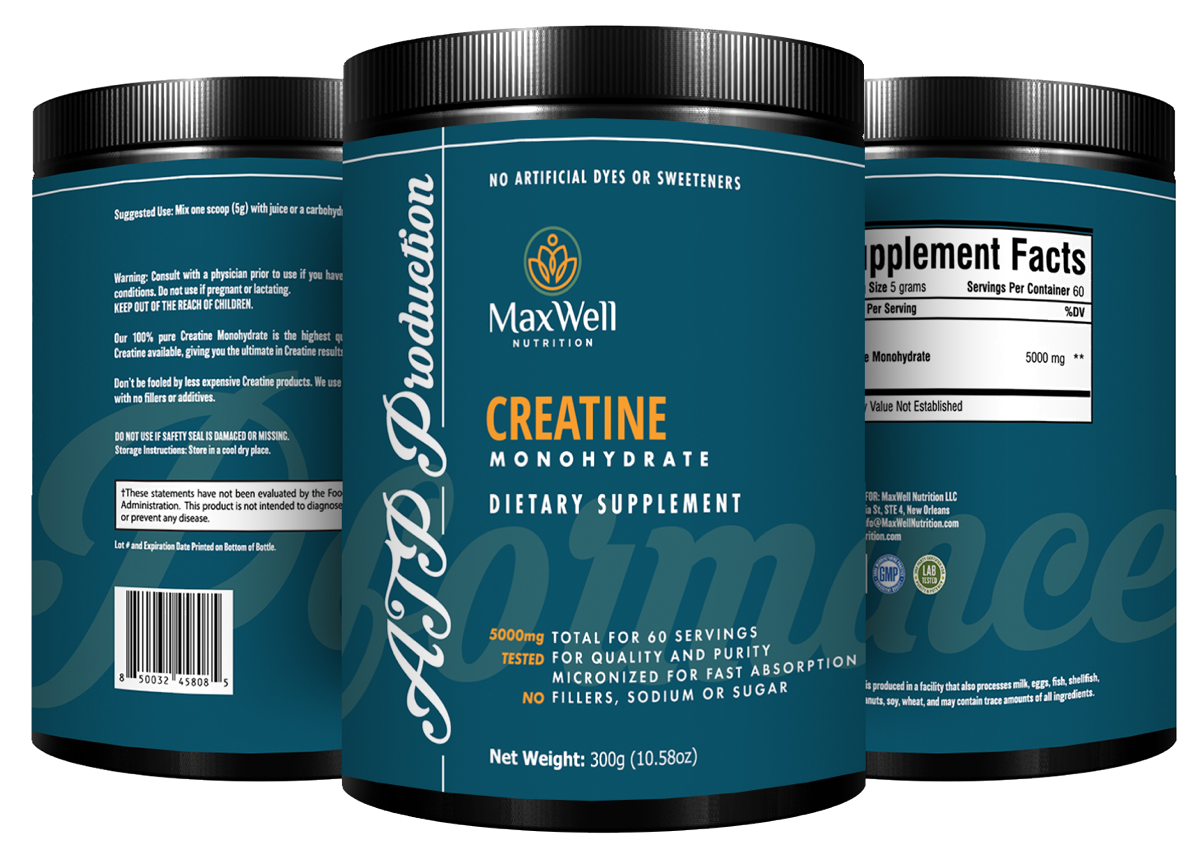Whether or not to eat eggs, if you are at risk for coronary artery disease, has its share of controversy.
However, a recent online issue of Heart Insight—American Heart Association—said, a study published in the journal Heart found that an egg a day just may keep the doctor away. The study, part of the British Medical Journals, examined the association between egg consumption and cardiovascular disease (CVD), ischaemic heart disease (IHD), and major coronary events (MCE), and haemorrhagic and ischhaemic stroke.
From 2004 to 2008, 500,000 adults age 30-79 were recruited from sites across China to participate in a screening that asked about the frequency of egg consumption. Risk stratification included cancer, CVD, and diabetes status, along with follow-up as to documented deaths during the study period.
It was concluded that, “among Chinese adults, a moderate level of egg consumption (up to <1egg/day) was significantly associated with lower risk of CVD, largely independent of other risk factors.
Heart Insights also pointed to a separate study in the American Journal of Clinical of Clinical Nutrition that says, people with prediabetes or T2D who consumed a 3-month high-egg weight-loss diet with a 6-month follow-up exhibited no adverse changes in cardiometabolic markers compared with those who consumed a low-egg weight-loss diet.”
A healthy diet based on population guidelines and including more eggs than currently recommended by some countries may be safely consumed, according AJCN study.
For this study, 128 participants diagnosed with prediabetes or type 2 diabetes (T2D), who were eighteen years of age or older, with a body mass index of 25 or greater—participated in a three-month weight-loss study. Participants, who were taking any class of antidiabetic (glucose-control) medication including insulin for T2D were included.
It was noted that previously the American Diabetes Association recommended a limit of 300 milligrams per day of cholesterol consumption, but, “there is no longer any such limit. Yet, the National Lipid Association, “revised their guidelines for those with dyslipidemia (elevated blood fats) and currently recommends less than 200 milligrams of cholesterol per day.”
It was determined that, “in this 12-month study, a high-egg diet produced no detrimental outcomes in cardiovascular risk factors,” which led to the statement that, “our findings suggest that a high-egg diet is safe for those with T2D—just as for the general population—without adverse consequences for cardiovascular risk factors.”
It’s important to seek guidance from a registered dietitian, when it comes to planning an eating strategy for life, especially if you have health issue to contend with along the way.
Remember, you should always consult your physician before beginning any exercise, diet, or nutritional supplementation program.











